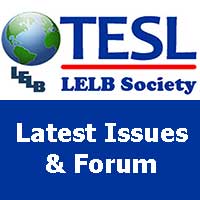Interaction Hypothesis in SLA | TESL Issues
Interaction Hypothesis Interaction Hypothesis Long’s Interaction Hypothesis, especially the updated version, claims that learners do need to pay conscious attention to form in order to benefit from negotiated interaction. The origins of Long’s Interaction Hypothesis lies partly in Hatch’s work on discourse analysis and L2 acquisition and partly in Krashen’s Input Hypothesis. Hatch (1978, p.…
